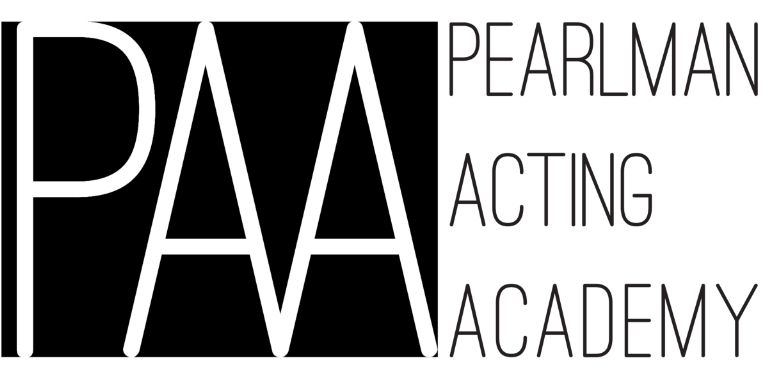John Cusack. One of the bravest and most versatile actors in Hollywood. A line from an interview he did in 1998 always stayed with me, as it illustrates one of my strongest beliefs about acting. “Cusack was 23 when he made ‘Say Anything.’ Now, some eight years later, he says that working on that film is still one of his most treasured memories: ‘Lloyd Dobler was simply the best part of who I could ever be.’ And so who is John Cusack, really? He smiles that killer smile. ‘You know how in The Grifters, my character, the con man Roy Dillon, had such a dark heart? I'd have to say I'm right smack in the middle of Lloyd and Roy.’”
What Cusack reveals about his approach to acting in this sentiment is that he is not afraid to use his personality to create a character. The most shockingly powerful truth in acting is that 90 percent of the performance is the personality of the actor. Why this statement is so terrifying is that at first glance it seems like I’m professing actors should just play themselves—I’m not. The work that goes into that 10 percent is enormous. What I’m proposing is that our personality is the instrument—or clay—with which we can compose an infinite number of characters. All of those characters will have the scent and soul of our own personality.
The 10 percent of the character which is not you, needs to revolve around the most dangerous choice—something that Cusack also instills his characters with. When playing Lloyd Dobler in “Say Anything,” Cusack constantly made the most dangerous choice—putting his heart and his feelings out there again and again (only to be rejected again and again—until the end, of course).
When playing Roy Dillon, John Cusack consistently stepped into the red mist of danger, from lying to people in the intricate web of con artistry with a smirk and a sense of entitlement to making out with his mother in a haze of repressed incestuous desire. With each character though, the careful viewer can still see the foundational traces of Cusack apparent. Cusack is always drawing upon his personality to give these brave but damaged people an authentic place to originate from.
Permission to Use Your Personality
Here’s a question I pose to my new students and clients:
“After all the work is finished, what if your best acting felt as easy as if you were simply playing yourself? Would you feel you were interesting enough?”
The temptation to hide behind doctrine or technique is so seductive because it allows us a way to escape from the danger and fire of facing ourselves. This comes from a multi-faceted place: on the one hand, many actors don’t feel like they’re interesting enough. On the other hand, many actors do have a latent amount of fear connected to the act of drawing upon themselves—which means using their own perversions, flaws, moments of dishonesty, and manipulative qualities. Sometimes the act of using one’s personality is actually the act of admitting to oneself, as Cusack did so boldly, that one does in fact have a dark heart.
The 10 Percent That Isn’t You
This is one of the more challenging parts of developing the character and it helps to be able to write it out with a pen and paper. Make a list of the attitudes, qualities, actions, feelings, or thoughts that are connected to this character that genuinely are not you. When you’re done with this list, take a long look at all the things on it and really be honest with yourself: are all of these aspects things which are not part of your personality or blood memory?
This might be an easy yes for many actors, but with this exercise, many will find that there are still areas of overlap.
With the attitudes and character traits that are completely foreign to you…find a way to embrace and adopt them so that you are in fact, making the most dangerous choice. For Cusack, this meant instilling every action, moment, whim, and line that his character Roy Dillon made in “The Grifters” with a sense of deeply buried desire for his mother. This choice was underlying every single thing his character did in that film, and it was one of the bravest choices an actor has ever made.
This article was originally posted on Backstage

